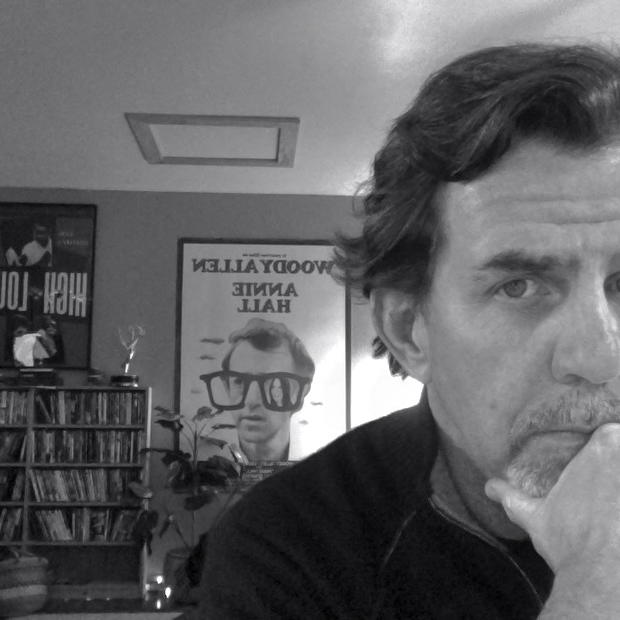Selma could have gone wrong in so many ways. It could have been a bloated, sanctimonious biopic. It could have been an earnest, low-budget weeper. It could have been a superficial Lifetime miniseries. Or, even worse, one of those awful, fill-in-the-blanks, overfunded PBS American Masters specials, cobbled together by editors working from a cue-the-highlights crib sheet.
But thankfully — and here a “praise the Lord” may be in order — Selma was made by a relative newcomer to feature-length filmmaking who, unfazed by the demands of legacy, and working with a not-yet-famous cast, chose economy and modesty over grandiose gestures.
Selma, as directed by Ava DuVernay, is a personal and moving portrait of a man and a people seizing their historic moment.
Martin Luther King Jr.’s 1965 march from Selma to Montgomery to gain voting rights for black Americans was certainly momentous, and DuVernay’s approach doesn’t minimize the epic trajectory or blood-stained tragedy of the days leading up to the protest. But she concentrates on the behind-the-scenes details, the bull sessions, the conversations conducted in jail cells, kitchens, hospitals and the Oval Office; the often wearying charge carried by King (David Oyelowo) to be a leader to his people and a follower of God; the brinksmanship with President Lyndon B. Johnson; King’s manipulation of the media; and the guilt he carried in his marriage to Coretta Scott King (Carmen Ejogo).
What emerges from this delicate weave of quiet, fragile intimacies and emotionally charged violence is a portrait of King as a shrewd strategist, a man of immense confidence willing to risk temporary shame and defeat for the ultimate prize. At a key juncture in the march, King makes a surprising calculation that threatens the movement’s momentum. But he understands that a successful march is an empty victory without the rule of law behind him. It’s a complex turn of events that DuVernay handles expertly, deepening our understanding of America’s long, slow, still-evolving quest for racial equality.
There are a few clumsy passages in the film, especially a sequence involving an ill-timed night march and an unwelcome visit from Malcolm X. A few too many characters are never properly introduced, so you’re left waiting for the credit roll to identify who played who. And DuVernay is often too quick to cut to the close-up, avoiding the information that can be conveyed through body language or the space between characters.
But she knows how to seize our attention in other ways: the exchanges between King and Johnson (a masterful Tom Wilkinson) are gripping; the confrontations with Selma’s bigoted white police force seethe with tension; and King’s speeches, forcefully delivered by Oyelowo mostly to church congregations, illuminate King’s ability to speak just as passionately to hundreds as he did to millions. Thanks to this captivating, turbulent surprise of a movie, he is still talking.
This review appeared earlier on the author's blog, The Restless Critic.



